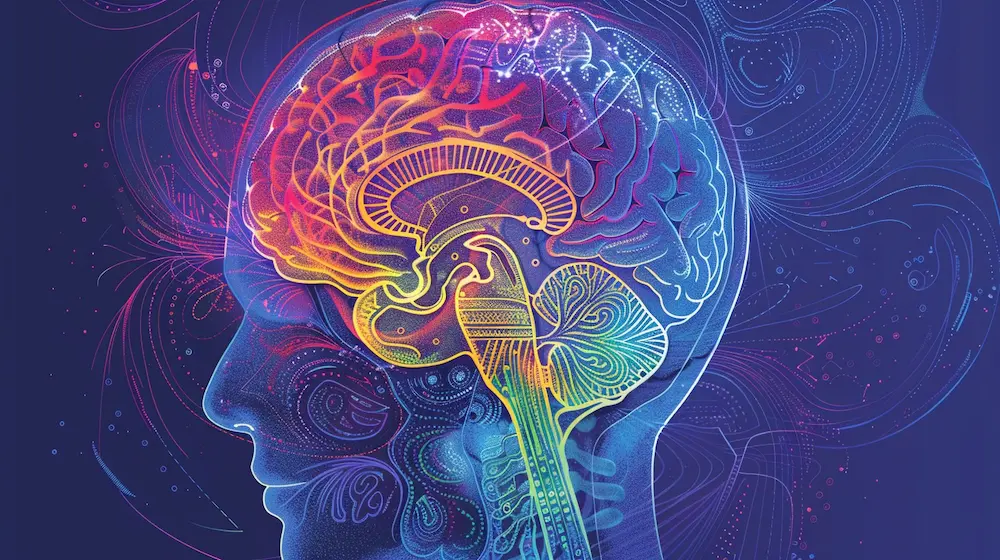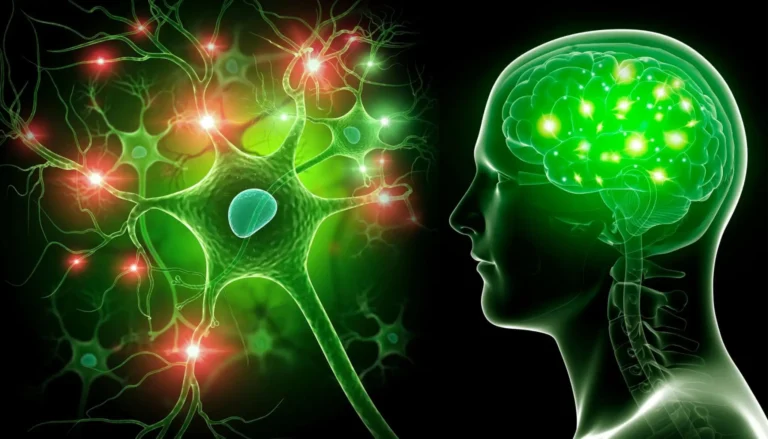Introduction
Retraining your brain is not just a concept; it’s a powerful approach to enhancing your mental capabilities and overall well-being.
Neuroscience has shown us that our brains are not static; they are dynamic and capable of change throughout our lives.
This article will explore various methods to effectively retrain your brain, fostering creativity, improving mental health, and enhancing cognitive function.
Challenge you brain and Stay Sharp with our Trivia game generator or Fun Facts game for you mental exercises and mental sharpness!
Understanding Neuroplasticity
Neuroplasticity is the brain’s ability to reorganize itself by forming new neural connections throughout life. This remarkable quality means that we can change how our brains function through our actions, thoughts, and experiences.
The Importance of Neuroplasticity
- Adaptation: Neuroplasticity allows the brain to adapt to new situations or changes in the environment.
- Recovery: After injury or trauma, the brain can rewire itself to compensate for lost functions.
- Learning: Engaging in new activities stimulates the brain, promoting growth and learning.
Brain Games and Cognitive Training
Brain games and cognitive training exercises are popular methods for retraining the brain. These activities challenge the brain to process information in new ways, promoting the formation of new neural pathways.
Types of Brain Games



- Memory games: Improve short-term and long-term memory.
- Logic puzzles: Enhance problem-solving and critical thinking skills.
- Spatial reasoning games: Develop spatial awareness and visual-motor coordination.
- Language learning: Stimulate the brain’s language centers and improve cognitive flexibility.
Benefits of Brain Games To Kids, Youths, Adult and Seniors
- Boosts cognitive function: Regular brain games can improve memory, attention, and processing speed.
- Enhances problem-solving skills: Solving puzzles and challenges helps develop critical thinking abilities.
- Promotes neuroplasticity: Brain games stimulate the brain, encouraging the formation of new neural connections.
Emotional Intelligence and Brain Retraining

Emotional intelligence (EQ) is the ability to recognize, understand, and manage emotions effectively. Improving EQ can have a significant impact on overall well-being and interpersonal relationships.
Components of Emotional Intelligence
Emotional intelligence is key to;
- Self-awareness: Recognizing one’s own emotions and their impact on behavior.
- Self-regulation: Managing disruptive emotions and impulses.
- Motivation: Striving to achieve goals and overcome obstacles.
- Empathy: Understanding the emotions of others and responding with compassion.
- Social skills: Building positive relationships and communicating effectively.
Strategies for Improving Emotional Intelligence
- Practice mindfulness: Cultivate self-awareness and emotional regulation through meditation and mindfulness practices.
- Engage in active listening: Improve communication skills and develop empathy by actively listening to others.
- Seek feedback: Ask for honest feedback from trusted friends or colleagues to gain insights into your emotional strengths and weaknesses.
- Manage stress: Use stress management techniques, such as deep breathing or exercise, to maintain emotional balance.
Physical Exercise and Brain Health

Physical exercise is crucial for brain health and neuroplasticity. Regular physical activity has been shown to improve cognitive function, reduce stress, and enhance overall well-being.
Types of Exercise for Brain Health

- Aerobic exercise: Improves cardiovascular health and increases blood flow to the brain.
- Strength training: Builds muscle strength and promotes the release of growth factors that support brain health.
- Mind-body exercises: Combine physical movement with mindfulness, such as yoga or tai chi, to reduce stress and improve focus.
Benefits of Physical Exercise
- Boosts cognitive function: Regular exercise has been linked to improved memory, attention, and processing speed.
- Reduces stress and anxiety: Physical activity releases endorphins, which can improve mood and reduce stress levels.
- Enhances neuroplasticity: Exercise increases the production of brain-derived neurotrophic factor (BDNF), which supports the growth and survival of neurons.
Sleep and Brain Retraining
Sleep is vital for brain health and neuroplasticity. During sleep, the brain processes information and consolidates memories. Lack of sleep can hinder cognitive function and impair the brain’s ability to adapt and learn.
The Importance of Sleep for Brain Health
- Memory consolidation: Sleep helps solidify memories and facilitates the transfer of information from short-term to long-term memory.
- Brain detoxification: During sleep, the brain removes waste products that accumulate during waking hours.
- Neuroplasticity: Sleep supports the formation of new neural connections and the strengthening of existing ones.
Tips for Improving Sleep Quality
- Maintain a consistent sleep schedule: Go to bed and wake up at the same time each day, even on weekends.
- Create a relaxing bedtime routine: Engage in calming activities, such as reading or taking a warm bath, to signal to your brain that it’s time to sleep.
- Limit exposure to screens before bed: The blue light emitted by electronic devices can disrupt the body’s natural sleep-wake cycle.
Conclusion
Retraining your brain is a powerful way to enhance your mental capabilities and overall well-being.
When you incorporate practices that promote neuroplasticity, such as brain games, emotional intelligence training, physical exercise, and healthy sleep habits, you can reshape your brain and unlock new potential.
Remember, the brain is a dynamic organ, and with the right techniques, you can cultivate a more fulfilling and productive life.
References
- Harvard Business Review. (2021). Train Your Brain to Be More Creative. Retrieved from https://hbr.org/2021/06/train-your-brain-to-be-more-creative
- Todoist. (n.d.). 10 Things You Can Do to Literally Change Your Brain. Retrieved from https://todoist.com/inspiration/change-your-brain
- Myndlift. (2020). How to Retrain Your Brain for Success and Positivity. Retrieved from https://www.usa.edu/blog/how-to-retrain-your-brain
- Tony Robbins. (n.d.). Why Take Control of the Subconscious Mind. Retrieved from https://tonyrobbins.com/blog/how-to-reprogram-your-mind
- Atlassian. (n.d.). 9 neuroplasticity exercises to boost productivity. Retrieved from https://www.atlassian.com/blog/productivity/neuroplasticity-train-your-brain
- Goleman, D. (2006). Emotional Intelligence. Bantam Books.
- Ratey, J. J. (2008). Spark: The Revolutionary New Science of Exercise and the Brain. Little, Brown and Company.
- Walker, M. P. (2017). Why We Sleep: Unlocking the Power of Sleep and Dreams. Scribner.





